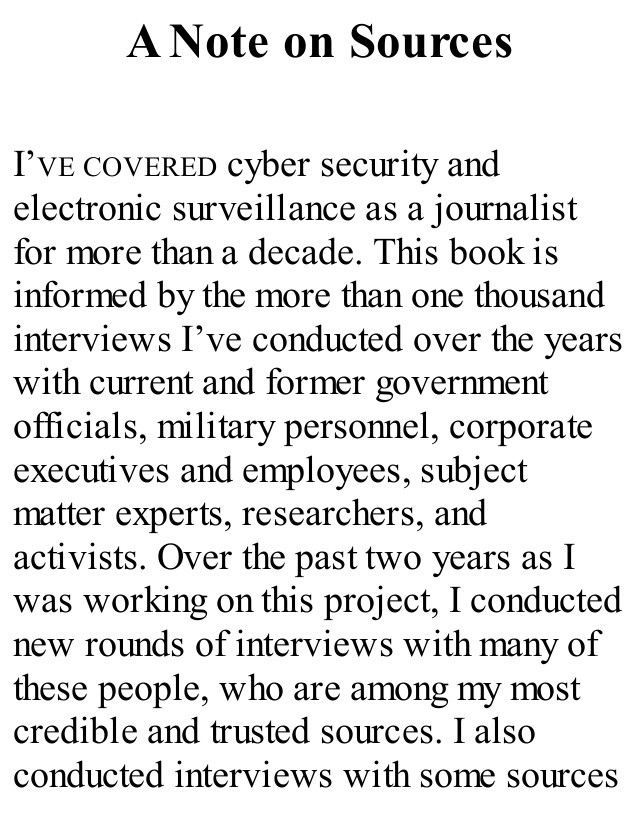Heavyweights move to tackle rising unnamed counterparty risk
Post on: 6 Июнь, 2015 No Comment

Top foreign exchange banks are joining forces with central banks and industry groups to eliminate unnamed counterparty risk.
Fears about money laundering in the post-September 11 environment and heightened credit risk is driving interest in solving the problem, which occurs when an investment adviser engages a dealer to trade on behalf of a client whose identity is withheld.
If I am dealing with an investment adviser [IA] and the client they are acting for is not known to me, that has serious implications. Although my contact is with the IA, my risk is with the unnamed counterparty, said one forex manager at a US bank in London. The situation has been highlighted by a series of recent situations in which unnamed counterparties have found themselves in credit-challenged positions, added another global head of forex at a bank in New York.
New guidance from the Federal Reserve Bank of New York’s foreign exchange committee, which comprises senior officials from 20 of the world’s largest names in foreign exchange, came last month in an open letter to forex market participants: The committee. recommends that investment advisers and dealers alike begin to undertake measures that will ultimately eliminate the current practice of trading on an unnamed basis. Specifically, investment advisers and foreign exchange intermediaries should develop a process whereby client names are disclosed to the credit and legal/compliance staffs of dealers before the execution of foreign exchange trades. In turn, dealers should have procedures in place to ensure that the identity of the intermediary’s clients remains strictly confidential and is not revealed to their trading staff.
In the UK, the British Bankers’ Association (BBA) is also tackling the problem. A number of our member banks came to us last year and said current practice was well past its sell-by date, said Simon Hills, director, wholesale and regulation team, at the BBA in London. As a result, the BBA, in conjunction with the Bank of England, is in the process of updating the Non Investment Products Code (NIPs) – a guideline on best practice in forex and money markets. Concern had grown following the events of September 11 and the introduction of ‘Know Your Counterparty’ regulations in the United States. The banks involved believed it would be right to place an outright ban on this activity, through an amendment to the NIPs code, said Hills.
Many firms have already adopted the measures suggested by the New York Fed committee and the BBA, but there is still some way to go before unnamed counterparty risk is eliminated. One of the practices we are strongly suggesting is already common in the industry – the Chinese wall between credit and front office, said David Puth, global head of forex at JP Morgan Chase in New York and chairman of the New York Fed foreign exchange committee. We are not saying this [unnamed counterparty trading] can be eliminated immediately, but we hope these are steps that will make a better market for all.
But the situation is not clear-cut. Many market participants, usually institutional investors or central banks, value the veil of anonymity that obscures the size or direction of moves they are taking and which protects their positions. In situations where the client is a central bank, disclosure of the client’s identity can threaten successful intervention or other foreign exchange operations undertaken by the central banks.
The last thing a central bank or large institutional client wants is a dealer spreading details of their foreign exchange transactions, said one forex sales head in London who declined to be named.
The practice of block trading, where a fund manager trades for a number of clients and allocates the trades to separate clients at a later date, will not be affected by the guidelines.
For more foreign exchange news, visit FX Week .














